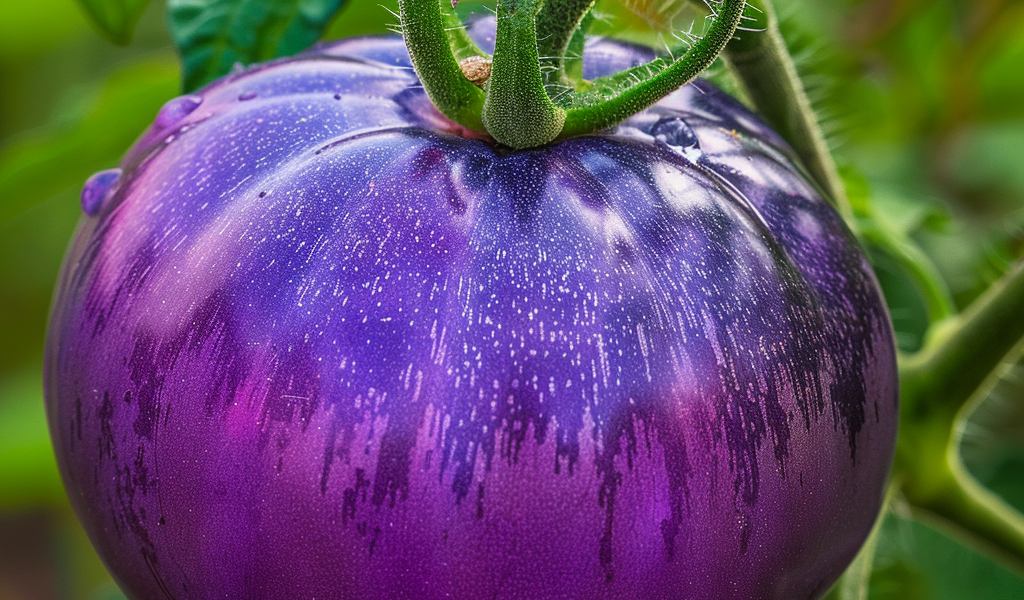A recent mix-up involving bioengineered tomato seeds has caused a stir in the agricultural world, sparking concerns about the inadvertent spread of GMO crops. The controversy began when the Purple Galaxy Tomato, featured prominently in Baker Creek Heirloom Seeds catalog, was touted as a non-GMO purple tomato, celebrated for its unique color and characteristics.
However, it was later revealed that the seeds may have actually been a GMO variety known as the Purple Tomato, developed by Norfolk Healthy Produce using genes from a snapdragon flower. This revelation has put the heirloom seed company in a tough spot as they have a strong anti-GMO stance and pride themselves on offering rare and organic seed varieties.
The incident has reignited debates surrounding biodiversity and the potential consequences of GMO seed dissemination. Traditional plant breeders have struggled to produce a purple-fleshed tomato through conventional cross-pollination methods, making the emergence of the genetically modified Purple Tomato all the more significant.
Despite initial skepticism from some scientists and tomato enthusiasts, the Purple Tomato, engineered to be high in antioxidants, has been approved for sale and consumption in the United States. Nathan Pumplin, CEO of Norfolk Healthy Produce, raised concerns after discovering the potential mislabeling of the seeds and reached out to Baker Creek to address the issue.
John Brazaitis, general manager of Baker Creek Heirloom Seeds, clarified that the seeds were sourced from a breeder in France, where GMO cultivation is prohibited. While the seeds were tested for certain GMO markers, the specific snapdragon genes were not screened for, leading to uncertainty regarding their genetic makeup.
Following discussions and disagreements over testing protocols, Baker Creek opted to remove the seeds from circulation and dispose of their remaining stock. The company refrained from confirming whether the seeds were indeed GMO, stating their decision was made to maintain transparency and uphold their commitment to providing non-GMO products.
The incident serves as a cautionary tale highlighting the complexities of seed production and distribution in an era where genetic engineering plays a significant role in agriculture. As the debate over GMO crops continues, stakeholders are reminded of the importance of accurate labeling and thorough testing to ensure consumer confidence and environmental sustainability.





